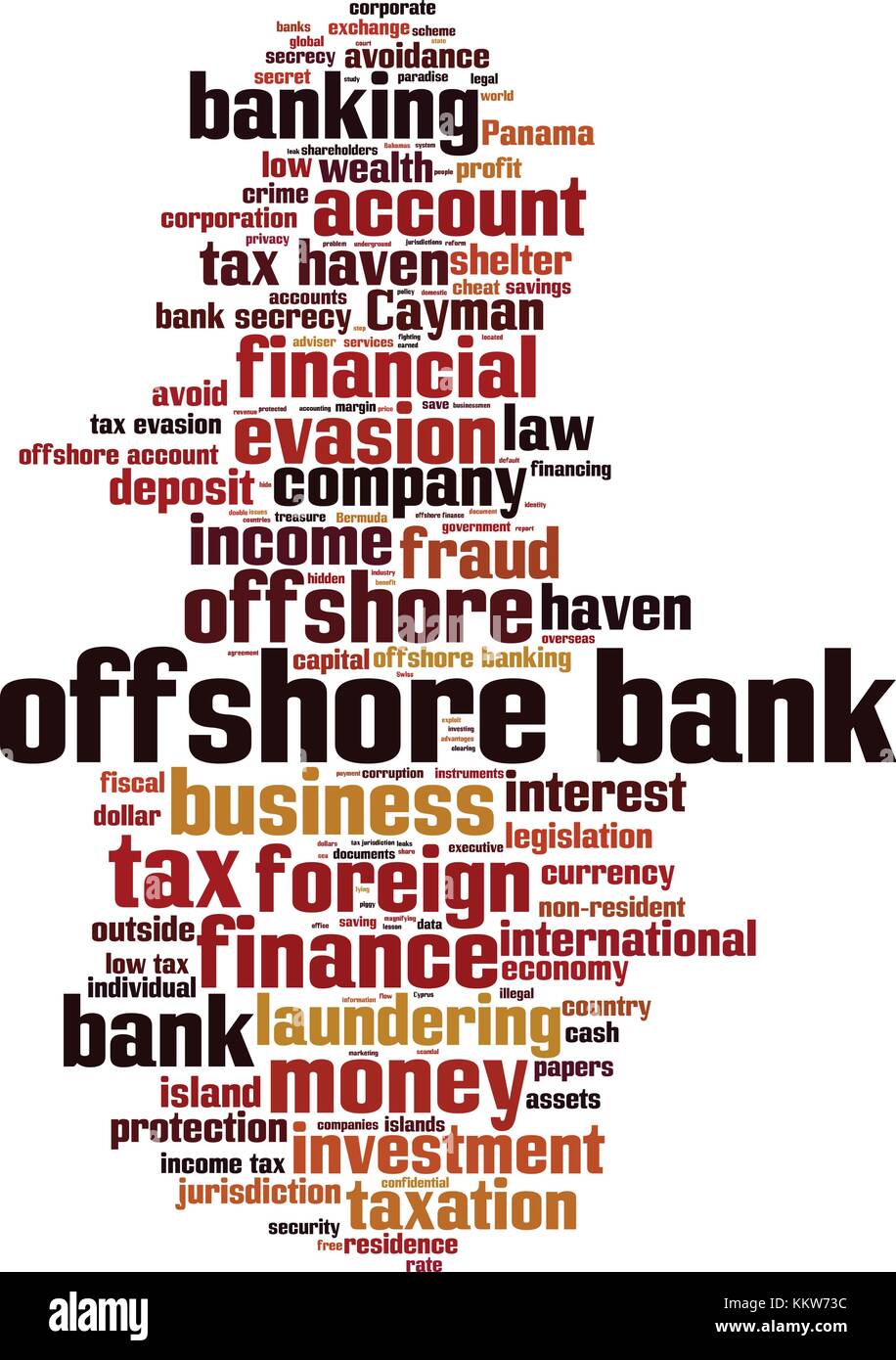Recognizing the Legal Effects of Offshore Company Formation

Legal Structure for Offshore Firms
When developing an offshore company, comprehending the lawful structure controling its development and operation is important for conformity and threat monitoring. Offshore companies operate under specific legislations and policies that vary from those of onshore entities. The lawful structure for overseas firms generally consists of provisions for company enrollment, shareholder demands, supervisor duties, and tax commitments.
Company enrollment involves sending the required documentation to the proper regulatory authorities in the chosen territory. This procedure often requires detailed details concerning the firm's framework, investors, and desired tasks. Furthermore, offshore companies should follow specific investor demands, such as preserving a register of shareholders and maintaining this details as much as date.
Supervisors of overseas business have fiduciary responsibilities to act in the most effective passions of the business and its shareholders. They are in charge of overseeing the business's operations, making certain conformity with all relevant regulations, and handling risks properly. In addition, comprehending the tax commitments of an offshore firm is necessary to avoid any kind of prospective lawful problems. By sticking to the legal framework controling offshore firms, companies can run with confidence while lessening legal dangers.


Tax Obligation Implications and Laws
When considering the facility and operation of an overseas business,Understanding the tax obligation implications and laws is vital. Taxes play a critical function in the decision-making procedure of whether to establish an overseas entity. Offshore business are often based on beneficial tax obligation programs, supplying decreased or absolutely no tax prices on foreign-earned income. It is crucial to navigate these tax obligation advantages thoroughly to make sure conformity with both the laws of the overseas jurisdiction and the home nation.
Tax obligation laws for overseas companies vary considerably throughout territories, and it is critical to seek expert guidance to comprehend the certain needs and commitments. Failing to abide by tax obligation laws can result in severe consequences, including hefty fines, reputational damages, and also lawful activity. In addition, overseas territories might have reporting responsibilities to reveal monetary info to appropriate authorities. Extensive understanding of tax laws and laws, as well as correct tax planning, are essential to make certain the effective look at here now and compliant procedure of an offshore company.
Conformity Requirements and Coverage
Making certain compliance with regulatory demands and preserving precise coverage are crucial aspects of managing an offshore business effectively and transparently. Offshore firms have to stick to the laws and regulations of both the jurisdiction in which they are integrated and any type of other appropriate jurisdictions where they carry out service.
In enhancement to governing compliance, offshore companies are typically subject to reporting demands to guarantee transparency and avoid unlawful activities such as money laundering or tax evasion. Coverage commitments might entail revealing info regarding the business's ownership framework, economic tasks, and recipients. This info may need to be shown to governing bodies, tax obligation authorities, or other governmental agencies, depending on the territory.
Preserving accurate and thorough documents is vital for demonstrating compliance and reacting to any kind of queries or audits efficiently. Offshore firms must carry out robust coverage systems and internal controls to make certain that they satisfy all legal needs and run with integrity.
Property Security and Privacy Rules
In the realm of overseas business development, an essential factor to consider is the interaction between property security strategies and personal privacy legislations. Offshore site web territories commonly offer boosted asset defense systems that secure possessions from possible dangers such as legal actions, lenders, or political instability in the home nation. By structuring assets within an overseas company, people can safeguard their riches and expand their holdings across various legal frameworks. Personal privacy laws in offshore territories add to maintaining privacy and privacy for company owners. These legislations limit the disclosure of sensitive info, making it testing for exterior parties to gain access to information concerning the company's operations or ownership framework. This degree of personal privacy can be advantageous for individuals seeking to secure their properties from public scrutiny or rivals. Nonetheless, it is vital for people to browse these laws ethically and transparently, making sure conformity linked here with both overseas laws and the lawful requirements of their home country. Ultimately, comprehending the elaborate connection between possession security techniques and privacy laws is critical when thinking about offshore company development.
Risks and Obstacles to Take into consideration
When venturing right into offshore business development, sensible consideration of prospective threats and challenges is necessary for educated decision-making and tactical planning. Additionally, political instability or modifications in offshore jurisdictions can present a risk to the connection of procedures and the defense of assets held by the offshore business.
Obstacles might also occur worrying the intricacy of overseas firm structures and the need for professional lawful and economic advice to navigate the elaborate regulative structures of various territories (offshore company formation). Keeping conformity with differing global regulations and regulations, as well as potential language barriers and cultural differences, can even more complicate the offshore company formation process. It is essential to be conscious of these dangers and challenges before proceeding with offshore company formation to mitigate potential pitfalls and ensure a legitimately audio and smooth facility
Conclusion
Finally, overseas firm development includes navigating complex lawful frameworks, tax effects, compliance requirements, and personal privacy legislations. Understanding these facets is important for reducing difficulties and risks related to offshore organization operations. It is important for people and companies considering overseas company development to seek expert guidance to make sure compliance with guidelines and to protect their properties effectively.
The lawful framework for offshore firms usually consists of provisions for firm registration, shareholder needs, director duties, and tax responsibilities.
Supervisors of offshore business have fiduciary obligations to act in the best rate of interests of the firm and its shareholders. By sticking to the lawful framework regulating overseas firms, companies can run with self-confidence while minimizing lawful threats.
Additionally, political instability or changes in overseas territories can posture a threat to the connection of procedures and the security of assets held by the offshore business. - offshore company formation
In final thought, overseas company development entails browsing complicated legal structures, tax obligation effects, compliance demands, and personal privacy regulations.